Children have a right to be cared for and protected, protecting them is everyone’s responsibility. Here at Huntingdon Academy we have a duty of care to ensure that all users of the school are kept safe from harm. We are committed to provide a secure and supportive environment in which children can develop and grow into mature and responsible people. Safeguarding children is an essential part of our holistic approach to ensure that children are protected from abuse and neglect and that every child reaches their full potential.
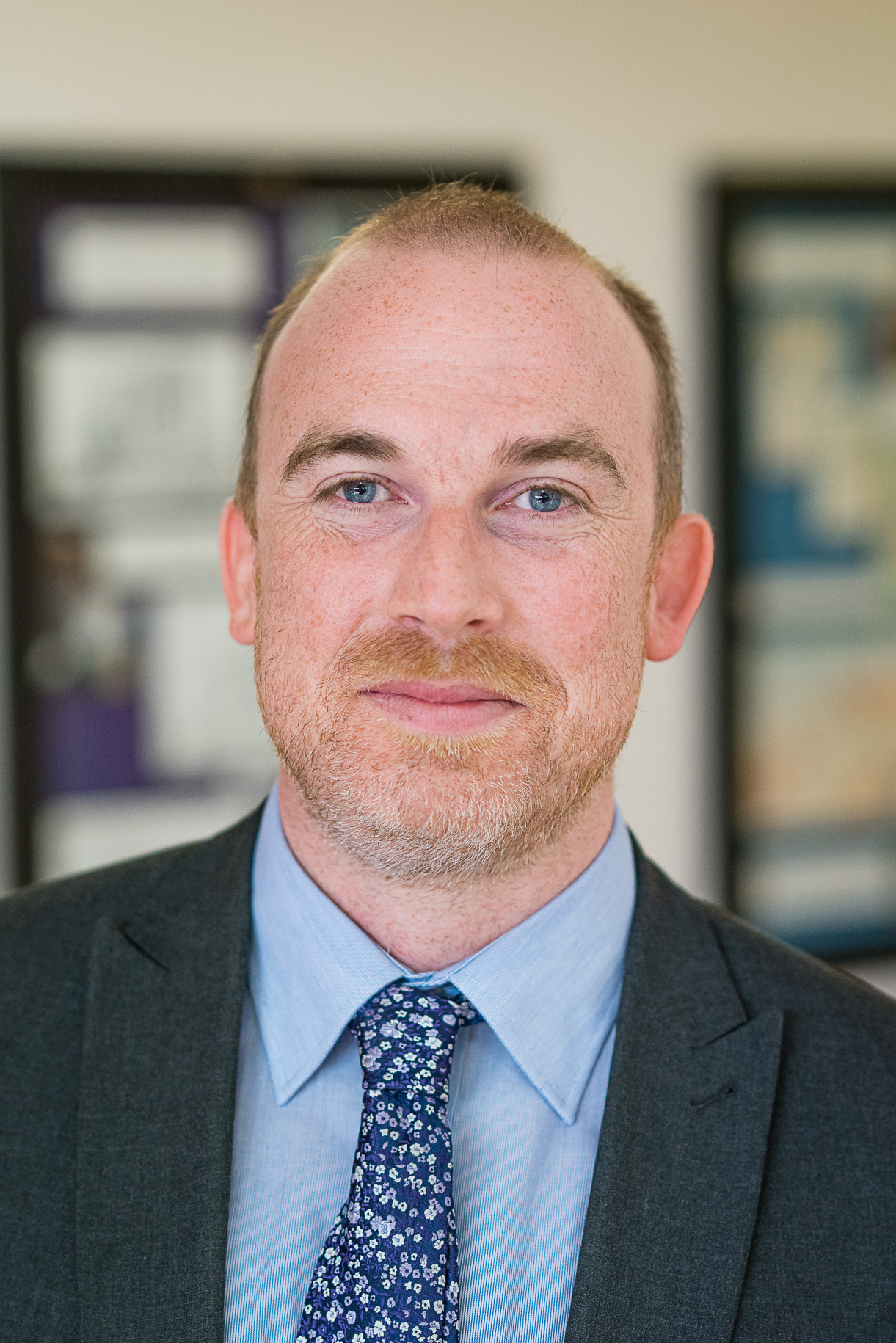
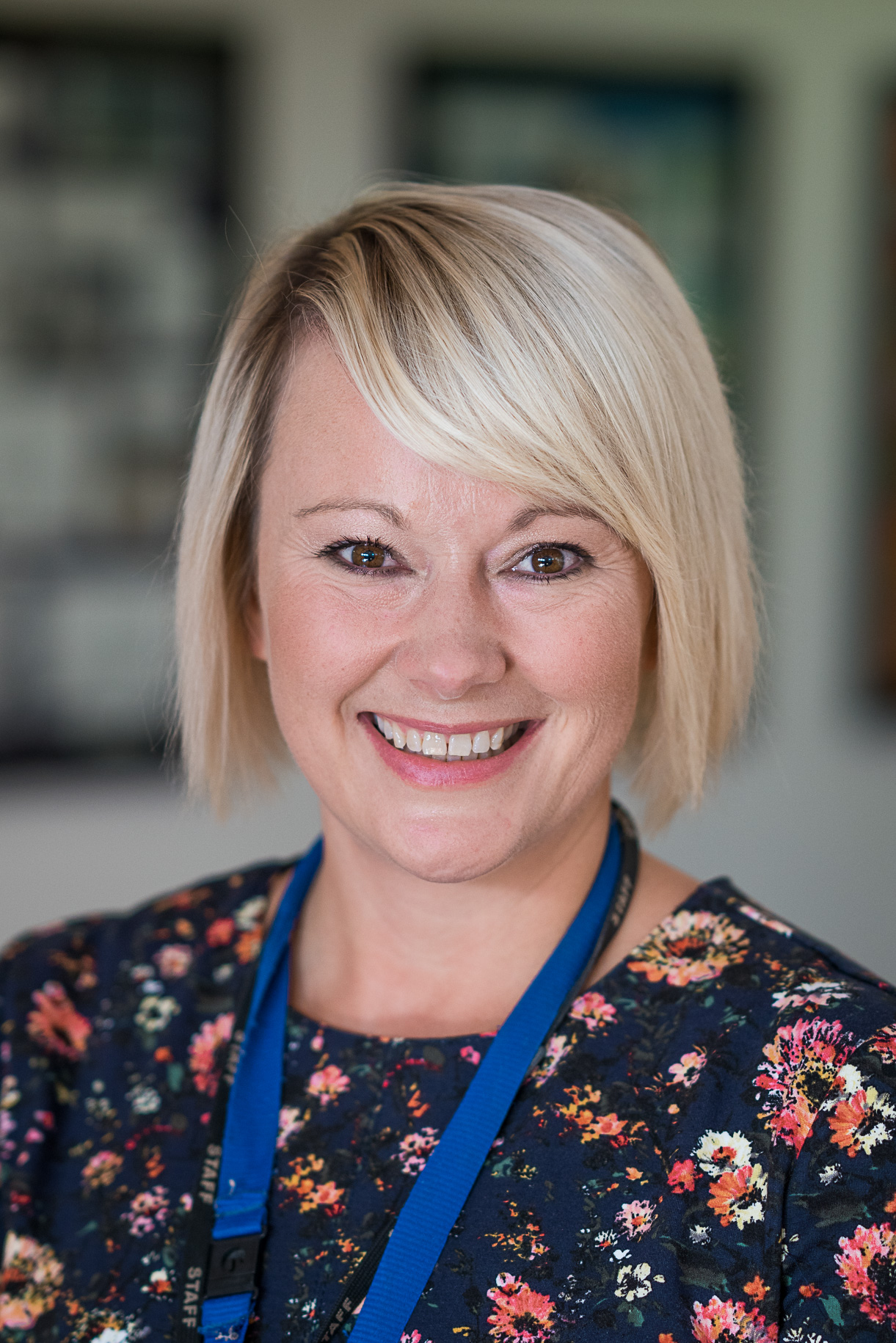
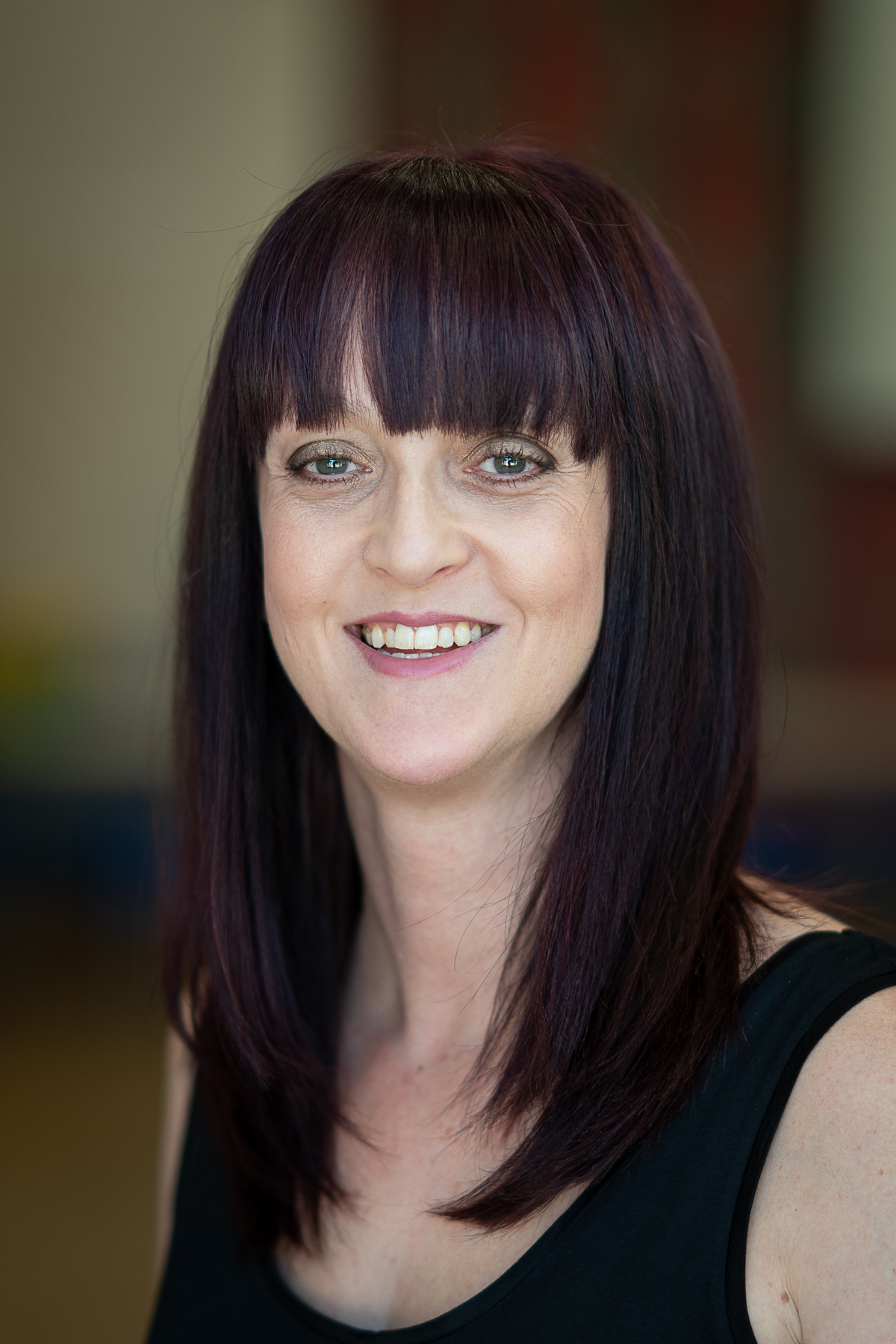
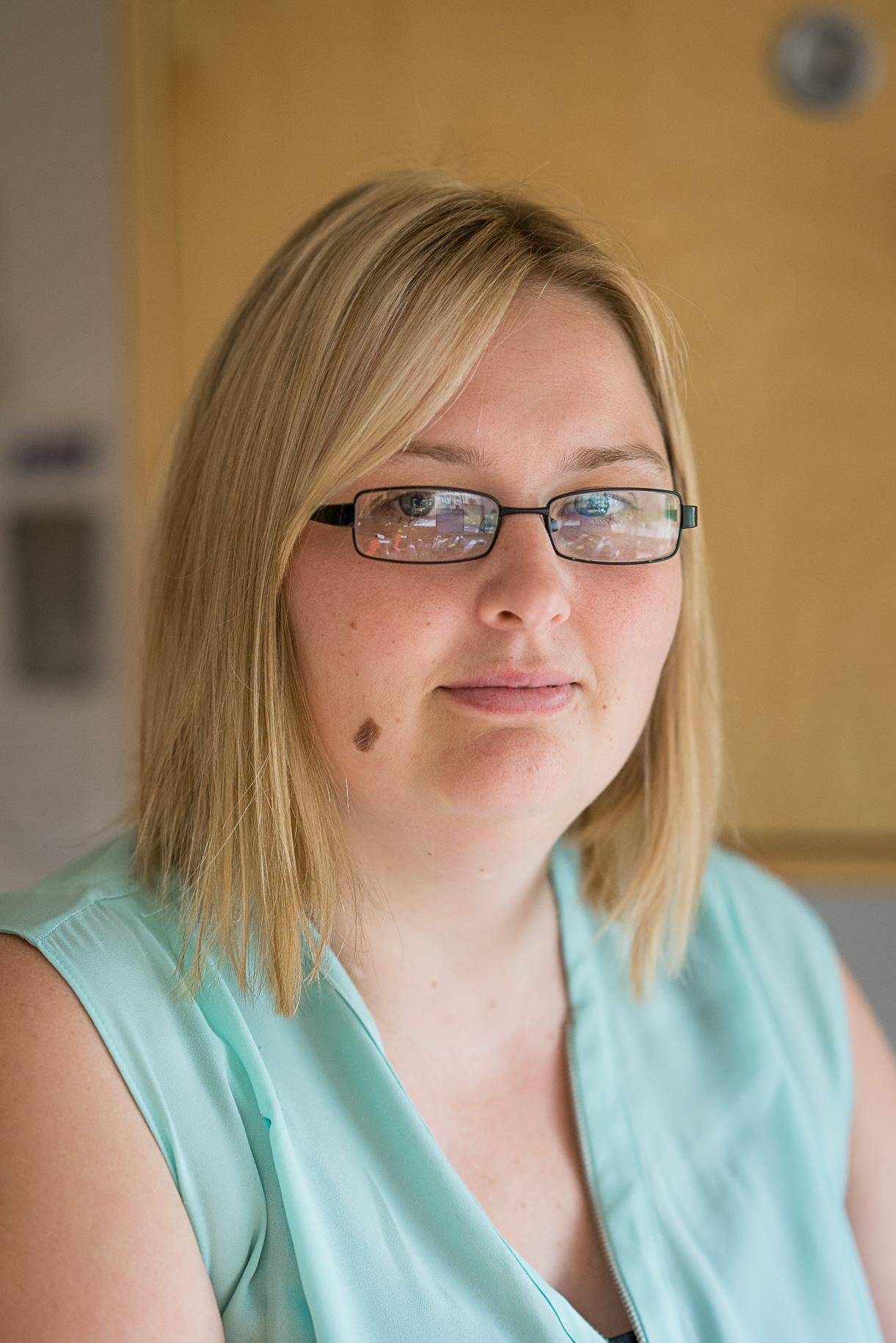
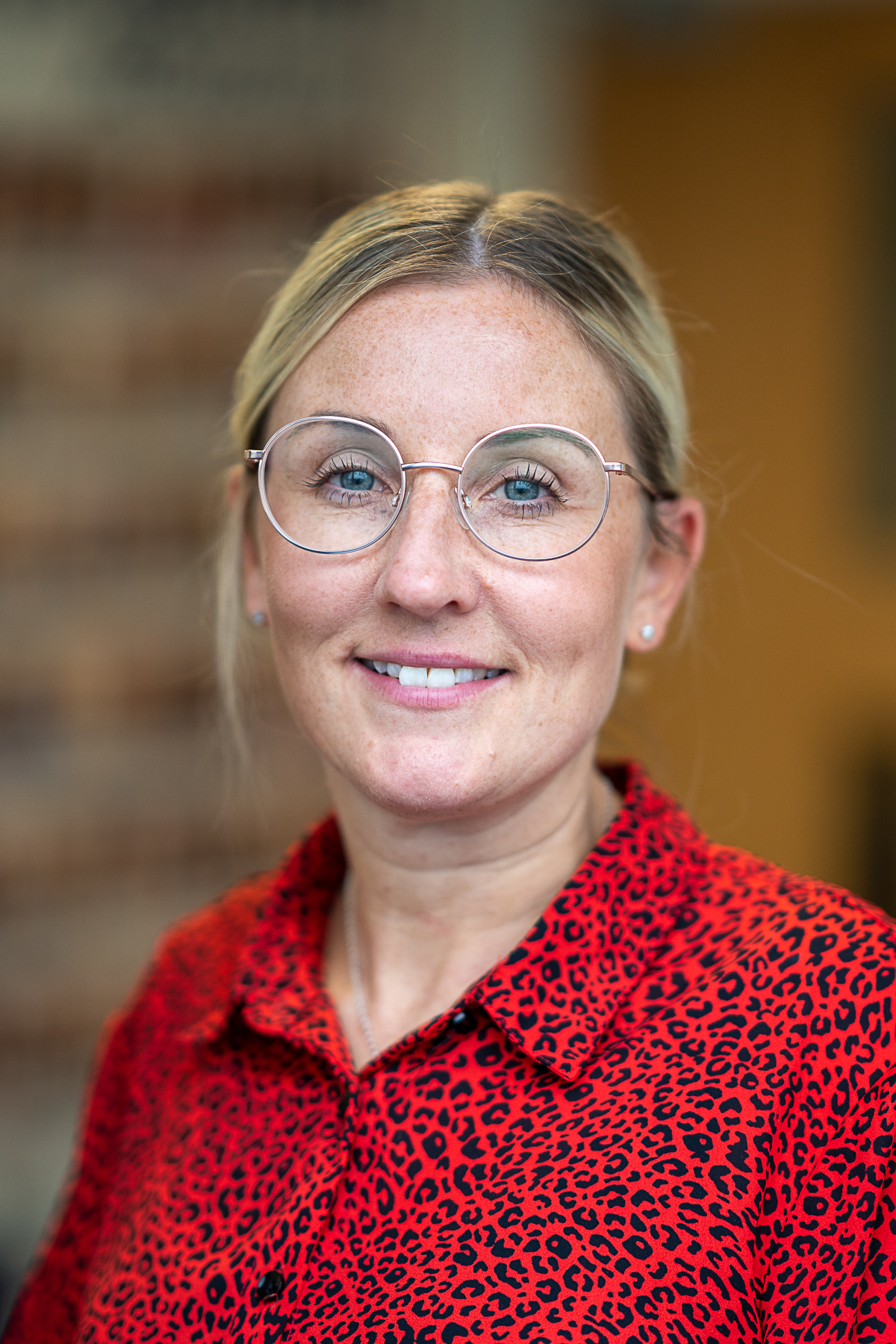

We are committed to safeguarding and meeting the needs of all our pupils. This provides some useful advice and information when working with our pupils.
What are your responsibilities as a visitor to our school?
All those who come into contact with the pupils have a duty to safeguard and promote the welfare of the children.
Supply teachers/students will be briefed on arrival to site before they begin work. They will be aware of possible signs and indicators of abuse and will bring their concerns immediately to a DSL or DSP
School age students and other volunteers will not have received child protection training and MUST NEVER be left alone with a child/children at any point; a CP trained member of staff should always be in sight/hearing of a student/volunteer.
DBS Checks
Huntingdon Academy requires all adults who work in a regulated activity to be checked through the Disclosure and Barring Service.
If you are volunteering we will ask you to complete various forms and provide photo I.D. not only to verify your identity, but to provide contact details.
You are required to inform the head immediately if you become subject to any criminal investigation.
You must also declare if you are living with someone who has committed an offence against children. Debarring by Association. Everyone in our school is asked to make this declaration as they come into contact with under 8’s.
What you should do if you are worried about a child?
Whilst working with a child, if you become worried about:
If a child makes a disclosure to you
What if a child expresses concern about a staff member?
If a child is to do this it must be reported to the head, if it is about the head it must be reported to the Chair of Governors.
Appropriate Behaviour
Confidentiality
It is expected of everybody in school not to discuss anything they hear or see on site with anybody else.
Do you have a safeguarding concern?
As a parent or member of the public we all have a duty of care to ensure that we support the safeguarding of all young people and those who are deemed vulnerable. If you have a safeguarding concern during the hours of Monday to Friday between 8 am and 5 pm, if you believe someone’s life is in immediate danger then you should call 999, otherwise you can call MASH ( multi agency safeguarding hub). They can be reached on you will be able to discuss and share you concern with them, you can remain anonymous, however, it is helpful if you are able to share who you are, which will remain confidential. This allows them to be able to filter out malicious calls. Out of these hours if you have a concern that someone’s life is in immediate danger then you must call 999, However, if you feel that you are concerned and it doesn’t quite meet the threshold of a 999 call you can contact Nottingham City Social Care Out of hours emergency duty team on 0300 456 4546.
Nottingham City Safeguarding Partnership (NCSCP) is a forum dedicated to providing reliable service to children in Nottingham City.
Keeping children safe a key priority in school. Safeguarding takes many forms including: protecting children from harm; preventing impairment of children’s health and development; enabling safe and effective parenting and giving children equal opportunities in life. We do many things every day in school to ensure pupils are safe including: ensuring all staff are trained in safeguarding; having clear policies and procedures in place to keep children safe; monitoring pupil attendance; ensuring a safe and healthy site; ensuring the behaviour of pupils is in line with the Academy behaviour policy and using our curriculum to teach children about risk taking, diversity, healthy lifestyles, managing relationships, online safety and much more.
A culture of safeguarding is embedded at Huntingdon Academy. We pride ourselves in knowing our children and the needs of both the individuals within our community and the needs of the wider community itself. As a result of our knowledge and experience of the challenges some our students face we recognise that they are at greater risk of:
In addition to ensuring our safeguarding procedures, displays around the academy and training are of the highest standard and ensuring staff remain vigilant, we also recognise the need to safeguard our children through education and the curriculum within school.
Safeguarding is now included in the Huntingdon Sway fortnightly newsletter.
Parenting can be rewarding, but it can also be challenging. The NSPCC have parenting tips for all stages of your child’s life, as well as advice on how to deal with difficult situations.
Think You Know is a website you can go to that will help answer your questions and to let you know how to be safe when you are using the internet. You probably use the internet for games or to talk to friends or even to search for information – Think You Know can help you stay safe.
Report something harmful or dangerous online at https://www.ceop.police.uk/Safety-Centre/
Dos and Don’ts
DO NOT share private information on the internet.
If you are not sure DO check with your parents/carers before you give out information.
DO use the same rules when you surf the internet as you would walking down a street.
NEVER have face-to-face meetings with anyone you only know online.
DO accept friend requests from people you already know if you are friends with them, DO NOT accept friend requests or messages from strangers.
Cyber bullying is when one or more people try to tease, harass, threaten or embarrass another person using technology such as mobile phones or the Internet.
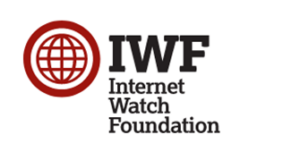
The IWF’s vision is the global elimination of child sexual abuse imagery online. They work to make the internet a safer place for all, helping victims of child sexual abuse worldwide by identifying and removing online images and videos of their abuse. Their Hotline offers a safe place for the public to report anonymously.
Report content here: https://report.iwf.org.uk/en
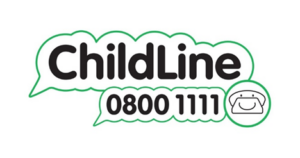
Childline can help you on with all sorts of problems you might have, including feeling sad, anxious, angry, scared or with any problems you may have at school like bullying.
You can call them for free to speak to someone privately. You can contact a Childline counsellor about anything, no problem is too big or too small. Call free on 0800 11 11 or visit www.childline.org.uk
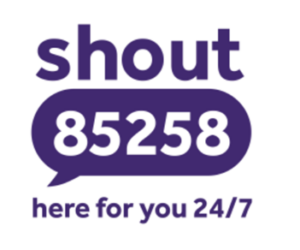
Shout 85258 is a free, confidential, 24/7 text messaging support service for anyone who is struggling to cope.
If you’re struggling to cope, text SHOUT to 85258 and someone will get in touch to talk to you about your wellbeing.
Are you a young carer, and do you spend your time outside of school looking after a family member? The Children’s Society work hard with Carers Trust to help support children who are caring for others.
Through visiting their website, you can get information on who to talk to, looking after yourself and advice on staying safe. You can also find information on projects near you.
Visit their website today on https://www.childrenssociety.org.uk/youngcarer/advice-for-young-people You can call their number to find out more information about where you can go for support near you on 0300 303 7000
Carers Direct is for anyone who is looking after a family member who is ill or disabled or needs special help. It is part of the NHS website and offers information and advice.
There is a phone number you can call to talk to someone on 0808 802 0202 Or you can visit their website on https://www.nhs.uk/conditions/social-care-and-support/young-carers-rights/
There are lots of different people who can help you if you are being hurt at home or if you are worried about someone in your family being hurt at home. It can happen to anyone, but we don’t always know who the right person is to talk to, especially if it feels like someone in your home is being bullied.
Refuge are an organisation that can help you to understand what is right and what is wrong about relationships at home. They have information on their website about who you can talk to, how you can talk to them, and what to do if you are worried.
You can visit their website at www.refuge.org.uk
The NSPCC are there to talk to you if you are worried about being hurt or bullied by one of your family or someone you live with or if you are worried about someone you care about being hurt. They are able to offer support and to take some details from about what is happening. They can also talk to you through their counselling service.
You can visit their website at https://www.nspcc.org.uk/
You can email them on [email protected] or you can call them on 0808 800 5000
Shelter are able to offer housing advice to anyone who is experiencing or at risk of homelessness. You can find information on what to do about homelessness, private renting, tenancy deposits, repossession, eviction, repairs, housing benefits and council housing
You can visit their website at www.shelter.org.uk
If you are worried about how much you are drinking or how much a loved one is drinking there is lots of helpful advice and support on the drinkaware website. They also have a helpful drink tracker and tools for managing what your alcohol intake is. On their website you will find a list of alcohol support services with helplines available.
Visit their website at: https://www.drinkaware.co.uk/alcohol-support-services/
Every child has the right to not be touched by an adult when they do not want to. Female Genital Mutilation is illegal, and a form of abuse, therefore should be dealt with quickly and seriously. FGM comprises all procedures involving partial or total removal of the external female genitalia or other injury to the female genital organs for non-medical reasons.
The NSPCC have a special helpline for anyone concerned about FGM, or anyone who has been affected by FGM. You can call them on 0800 028 3550 or email them directly on [email protected]
If you are concerned that a child is at imminent risk of harm, or may leave the country for the purposes of FGM in the next 48 hours you can call the police on 999.
Where concerns are not imminent but are still serious, please call the Children’s Helpdesk on 01452 426565
The FMU is a government initiative set up to support anyone who is worried about or is at risk of being forced into a marriage, or anyone who has already been forced to marry another person. A trained professional will give you free advice on what you can do next, and help you with finding a safe place to stay or stopping a visa if you have been forced to sponsor someone. You have the right to choose who you marry, when you marry or if you marry at all.
Visit their website on https://www.gov.uk/stop-forced-marriage
Call their support line Monday to Friday (9-5) on 0207 008 0151 or during out of work hours on 0207 008 1500 and ask for the global response centre.
The Freedom Charity have been raising awareness and working hard to stop forced marriages from happening within the UK. On their website you will find resources, information and direction for how to get support if you are concerned about someone or yourself.
Visit their website on www.freedomcharity.org.uk/resources
Or call their helpline on 0845 607 0133
Alternatively you can text them on 88802 and they will call you back. You need to send the message ‘4freedom’
Please click on the links below to view our safeguarding documents and policies:
The Prevent Strategy – A Guide for Parents
Working Together to Safeguard Children
Keeping Children Safe in Education
Information Sharing Advice for Safeguarding Practitioners
What to do if you are worried a child is being abused – NSPCC
How to Keep Your Child Safe from Abuse – NSPCC Parents Guide